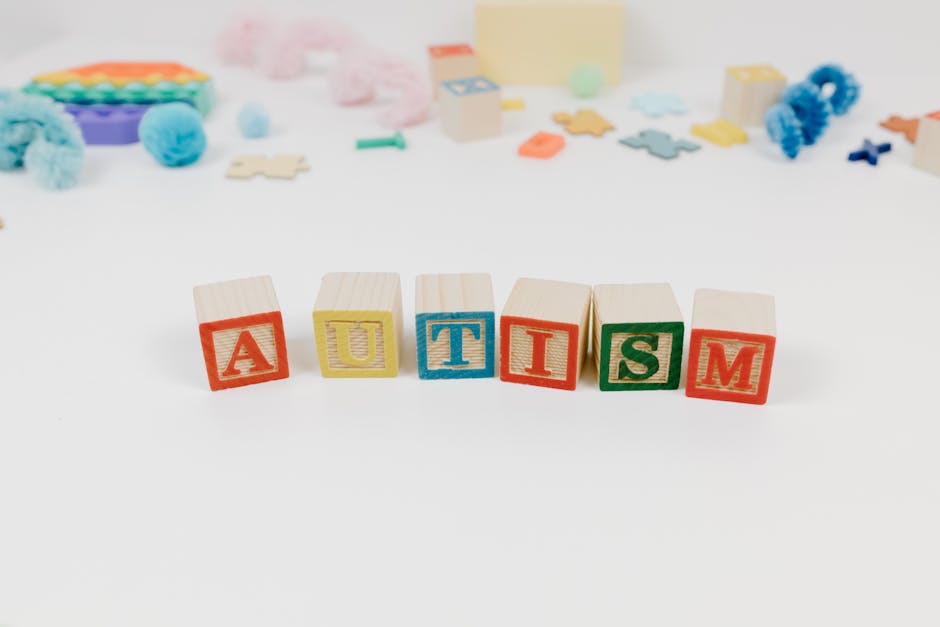Gut Health: Understanding the Gut-Brain Axis
In recent years, the conversation around health and wellness has increasingly focused on the role of the gut. Known as the body’s “second brain,” the gut is more than just a digestive organ—it’s a complex system that plays a critical role in overall health, influencing everything from mood to immune function. Central to this understanding is the concept of the gut-brain axis, a bidirectional communication network that links the gut and the brain. In this blog post, we’ll explore the fascinating world of the gut-brain axis, delving into how it works, why it’s important, and what you can do to support it.
What is the Gut-Brain Axis?
The gut-brain axis is a term used to describe the complex communication network that links the central nervous system (CNS) and the enteric nervous system (ENS) of the gastrointestinal tract. This connection is facilitated by a variety of pathways, including neural, hormonal, and immunological signals. Essentially, the gut and the brain are constantly in conversation, influencing each other’s function and health.
Neural Connections: The Vagus Nerve
One of the primary neural pathways connecting the gut and brain is the vagus nerve, which acts like a superhighway of information. The vagus nerve is responsible for transmitting signals related to gut health, such as the presence of nutrients or the status of the gut microbiota, directly to the brain. Conversely, it also sends signals from the brain to the gut, influencing digestive processes and gut motility.
Hormonal and Chemical Signaling
Beyond neural pathways, hormonal and chemical signals also play a crucial role in the gut-brain axis. Neurotransmitters like serotonin and gamma-aminobutyric acid (GABA), which are commonly associated with mood regulation, are produced in large quantities in the gut. In fact, approximately 90% of serotonin is produced in the gut, highlighting the profound impact the gut can have on mood and mental health.
Why is the Gut-Brain Axis Important?
Understanding the gut-brain axis is fundamental because it underscores the holistic nature of human health. An imbalance in this communication network can lead to a variety of health issues, including digestive disorders, mental health challenges, and even autoimmune diseases. Here are some key reasons why the gut-brain axis is important:
Mental Health and Mood Regulation
There’s a growing body of evidence suggesting that gut health is closely linked to mental health. Studies have shown that imbalances in gut microbiota can contribute to conditions such as anxiety and depression. For instance, research published in the journal General Psychiatry found that people with depression often have altered gut microbiota compared to those without the condition.
Immune System Function
The gut is home to approximately 70% of the body’s immune cells, making it a critical player in immune function. A healthy gut can help regulate immune responses, reducing the risk of chronic inflammation and autoimmune diseases. Conversely, a compromised gut can lead to a dysregulated immune system, increasing susceptibility to infections and illnesses.
Digestive Health and Nutrient Absorption
Of course, the gut’s primary role is in digestion and nutrient absorption. A well-functioning gut-brain axis ensures efficient digestion and optimal nutrient uptake, which are essential for maintaining energy levels, supporting cellular function, and promoting overall health.
How to Support a Healthy Gut-Brain Axis
Supporting a healthy gut-brain axis involves nurturing both gut health and mental well-being. Here are some actionable tips to help you maintain a balanced and healthy gut-brain connection:
Adopt a Gut-Friendly Diet
Diet plays a crucial role in gut health. Incorporate foods rich in fiber, such as fruits, vegetables, and whole grains, to promote a diverse and healthy microbiota. Fermented foods like yogurt, kefir, and sauerkraut are also beneficial as they provide probiotics, which support gut health.
Manage Stress Effectively
Chronic stress can negatively impact the gut-brain axis, exacerbating gut issues and affecting mental health. Practice stress-reducing techniques such as meditation, yoga, or deep-breathing exercises to support a balanced nervous system.
Exercise Regularly
Regular physical activity is beneficial for both the body and the brain. Exercise has been shown to enhance gut microbiota diversity and improve mental health by reducing symptoms of anxiety and depression.
Consider Probiotics and Prebiotics
Probiotics are beneficial bacteria that support gut health, while prebiotics are fibers that feed these bacteria. Incorporating both into your diet can promote a healthy gut microbiota, supporting the gut-brain axis.
Conclusion: The Future of Gut Health
As research into the gut-brain axis continues to evolve, it’s becoming increasingly clear that gut health is a cornerstone of overall well-being. By understanding the profound connections between the gut and the brain, we can take proactive steps to improve our health and quality of life. Whether through diet, lifestyle modifications, or stress management, nurturing the gut-brain axis is an investment in a healthier, happier future. As always, consult with healthcare professionals before making significant changes to your diet or health regimen, and stay informed by keeping up with the latest research in this exciting field.
Share this content:
About The Author
Discover more from J and J Fitness
Subscribe to get the latest posts sent to your email.




